Recently I received a kind of a chain message on facebook regarding onions and bacteria saying Please pass on the information.
So I am passing the info on to you less I get smacked down by the Internet gods 😉 . Well in regards to the truth of this story it’s up to you to find out more, but some of the stuff written down here does make sense ( doesnt mean i support the statement).
We all use onions – If it is for cooking a curry, a stir- fry dish, a soup or a cooking something on the bbq. Little do we realise this essential ingredient in most cooking can be so dangerous- or is it really?.
Check out his article/story – why onion is bad for you?
I have shortened this story a bit – apologies
I had the wonderful privilege of touring Mullins Food Products, Makers of mayonnaise. Mullins is huge, and is owned by 11 brothers and sisters in the Mullins family. My friend, Jeanne, is the CEO.
Questions about food poisoning came up, and I wanted to share what I learned from a chemist.
The guy who gave us our tour is named Ed. He is a chemistry expert and is involved in developing most of the sauce formula.He’s even developed sauce formula for McDonald’s. During the tour, someone asked if we really needed to worry about mayonnaise.
Ed’s answer will surprise you. Ed said that all commercially-made Mayo is completely safe.
“It doesn’t even have to be refrigerated. No harm in refrigerating it, but it’s not really necessary.” He explained that the pH in mayonnaise is set at a point that bacteria could not survive in that environment. He then talked about the quaint essential picnic, with the bowl of potato salad sitting on the table and how everyone blames the mayonnaise when someone gets sick.
Leftover onions can turn poisonous
Not poisonous – but if not stored properly then they can attract bacteria which can cause all sorts of problems for you. Onions can attract bacteria like most other cut fruits or vegetables and can also be contaminated if proper food processes are not followed
Do you store half cut onions or partially cut onions to use later?
As in the above story, Ed explained, onions are a huge magnet for bacteria, especially uncooked onions. You should never plan to keep a portion of a sliced onion. He says it’s not even safe if you put it in a zip-lock bag and put it in your refrigerator, however more recent studies has said that it is safe for cut or sliced onions to be stored is stored properly.
Is there a solution for not doing this- yes there is!
If you still insist on zip locking them and storing them rather than them going waste, at least fry them on a pan or bbq them on a hotplate before you use them again. This does not ensure any risk of any contamination being heated away, but at least you have less risk. To be 100% sure, just don’t do it.
Solutions for storing onions
Onions are not only prone to bacteria, but also can cause problems with storage. They can go soft or then start to sprout when stored.
This is because they easily absorb moisture. If temperatures or humidity are too high, they may start to sprout or rot. Avoid closed or plastic bags, an open basket, mesh bag, netted bag can be much better.
You can’t cure onion of bacteria, you can just use it in such a way –Like when it’s fresh to avoid it attracting bacteria. However what are solutions if you need to store them?
Peeled onions can be stored in the fridge for up to two weeks but it still can attract bacteria because of storage.Place it in an airtight container and ensure your fridge is set to 40°F (4°C) or below.
Cooked onions can be stored in the fridge for three to five days if stored properly in sealed air –tight containers and longer if freezed. Pickling onions is another longer term way of storing onions, though they then get flavoured and is not fresh anymore.
Food handling onions or vegetables and fruits (proper processing)
· Always cut onions or fruits with properly cleaned/washed knives.
· Never continue to cut an onion after using knife to cut another fruit or vegetable. A proper wash or rinse will be necessary.
· Make sure cutting board is not already contaminated, wash cutting boards before using it to cut onions or any vegetables.
· Containers in which you store onions should also be clean and dry.
Why onions make you cry?
Onions make us teary because when an onion is cut, the onion releases a chemical called lachrymatory factor, or LF, that irritates our eyes.
Simply peeling an onion won’t make your eyes water. But if you chop, cut, crush or smash one — there is a chance of waterworks.
The onion’s cells break open, allowing two normally separated substances to combine and this linked together become a potent chemical weapon, dangerous enough to bring you to tears.
Onion not good for dogs
Several foods that are perfectly suitable for human consumption can be toxic to dogs and cats,” the researchers wrote in their review
make sure you’re not sharing one of the common foods that can cause serious, and sometimes fatal, medical problems for cats and dogs.
Onions, chives, garlic and leeks and animals (dog,cat)
The plant species in the Allium genius — such as onions, chives, garlic and leeks often make dogs and cats sick.
These common ingredients contain compounds called organosulfoxides. When the animal chews the plant, the organosulfoxides are converted into a complex mixture of sulfur compounds, which can cause the animal’s red blood cells to break down.
If the dog or cat ingests even just a piece of an onion, sometimes it can cause dangerous changes to their blood.
Biggest onion producing/exporting countries
According to ancient records, onions were used in China, Persia, and Egypt thousands of years back. Onion cultivation was first introduced in North America by the European settlers
China, India, and the US are the world’s leading onion producing countries.
According to the world atlas website
https://www.worldatlas.com/articles/the-top-onion-producing-countries-in-the-world.html
Here are the rankings
The Top Onion Producing Countries In The World
| Rank | Country | Onion production (metric tons) |
| 1 | China | 20,507,759 |
| 2 | India | 13,372,100 |
| 3 | United States | 3,320,870 |
Onion Myth Busted – Or not
The claim is that onions have the ability to absorb bacteria and viruses and will actually pull the germs out of the sick person.
So, if you are reading this to see if cutting an onion and placing it in the room so that it can absorb and kill all the bad bacteria from you or it will stop a cold or the flu – it won’t.
However if your still undecided, here is some more to confuse you further.
Onions for sun stroke
In north India, in the hotter northern regions it is a popular way of not getting sun stroke to have a onion in your pocket. They say that the onion lessens the chances of you getting sunstroke in hot weather.
Here are some myths or hearsay from years ago
[1956]
The onion is cut up and stood in an old tin-plate. Then you place it in the room where the sick child sleeps. The onion draws the complaint into itself, and when the child is better care must be taken to see that the onion is properly burnt.
[1964]
When there’s flu about, I put a plate of cut up onion in every room. That’s what keeps colds away … All the cold germs goes into they.
[1978]
I fondly remember the smell of my mother’s window sill adorned with half onions. She swore by the legend that the onions captured any incoming germs and purified the air.
Onion Varieties and Best tasting onions
They are many varieties of onions. Mainly when it comes to colour they are three and those are brown onions, red onions and white onions.
According to
http://www.onionsaustralia.org.au/about-the-industry/onion-varieties/
Brown onion
They have a strong flavour and are excellent for cooking, which is why they are the most widely used onion
Red onion
Red onions, sometimes incorrectly called ‘Spanish onions’ and have a milder and sweeter flavor.
Red onions are often consumed raw in salads or lightly cooked with other foods.
White onion
White onions are generally not as strong in flavour or pungent as brown onions.
Sources
- Opie, Iona and Moira Tatum. A Dictionary of Superstitions. Oxford University Press; Oxford, 1992. ISBN 0-19-282916-5 (pp. 293-294).
Links
https://www.theonion.com/man-dies-after-long-and-painful-battle-with-life-1819566265
https://www.quora.com/What-happens-if-I-eat-an-onion-with-milk

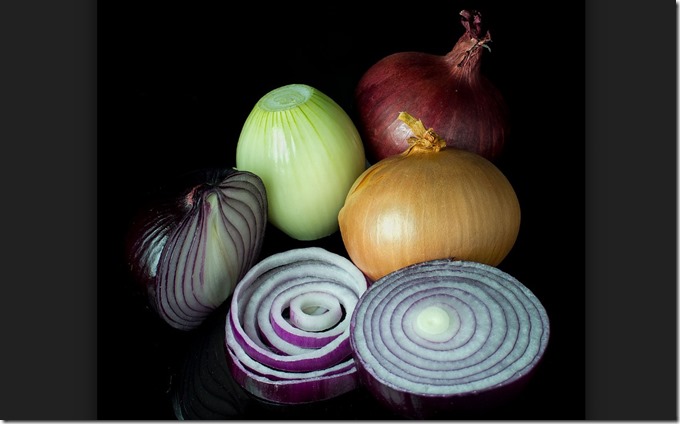
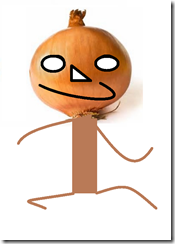
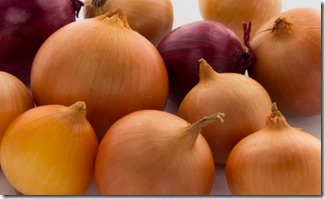
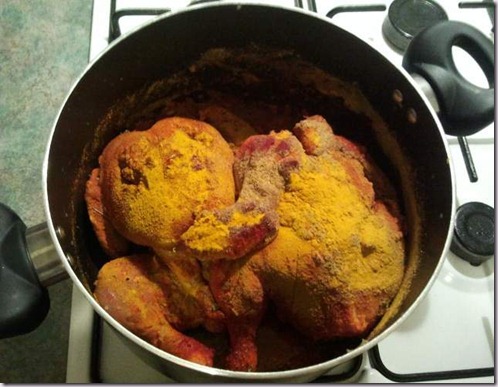
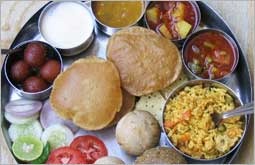

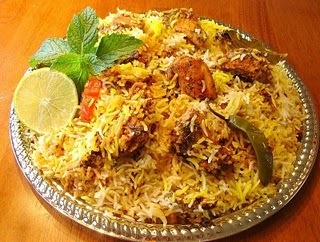

Leave a Reply
You must be logged in to post a comment.